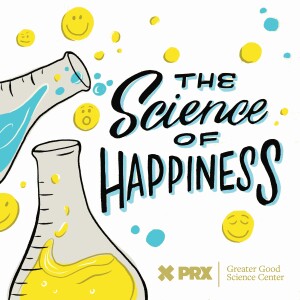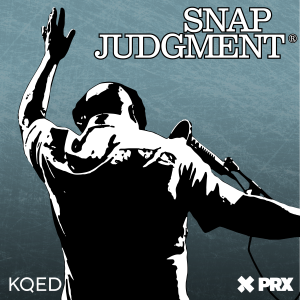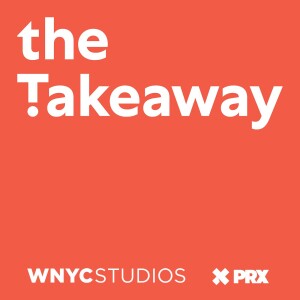Individual reactions to the coronavirus pandemic and the public health restrictions that have accompanied it have underscored how powerful negative partisanship can be in the formation of political opinions. In past crises, national shocks have urged partisans to put aside their personal grievances in pursuit of the greater good, but today, that doesn't seem to be the case. Jonathan Haidt, psychologist and professor of ethical leadership at New York University’s Stern School of Business, shares how the perception of risk influences our political behavior and the impact it has on public opinion.
President Donald Trump spent his first term undermining the credibility of the media. His tweets, campaign events, and press conferences were tools he used to cast doubt on the legitimacy of reputable news organizations while promoting unfounded lies and conspiracy theories that served his personal agenda. As President Trump prepares to leave office, members of the White House press pool have turned their gaze to President-elect Joe Biden.
Due to the virtual nature of campaigning in 2020, Biden was able to avoid much of the traditional back and forth with members of the media. There are some who argue that members of the press didn’t push hard enough to get Biden in front of reporters. But because Biden has spent a considerable amount of time in Washington, he has a track record that he can be measured against.
A core part of Biden’s campaign promise was a return to normalcy that would include a more traditional communications team and relationship with the press. Rick Klein, political director at ABC News, Caitlin Conant, political director at CBS News, and Ben Smith, media columnist at The New York Times, discuss what the Biden administration’s relationship with the press could look like.
President Trump distinguished himself in a crowded 2016 primary field by running as a populist. He spoke to the problems that many Americans felt the government had failed to adequately address, like their inability to earn a decent wage or pay for healthcare and higher education. A man who was born rich tapped into the anxieties of working-class Americans whose pleas for help were ignored by leaders of both the Republican and Democratic parties.
William G. Howell, professor in American Politics at the University of Chicago Harris School of Public Policy, and Terry M. Moe, professor of Political Science at Stanford University and a senior fellow at the Hoover Institution are the co-authors of Presidents, Populism, and the Crisis of Democracy. They spoke with Amy Walter about the last impact of populism and President Trump’s lasting impact on our politics.
More Episodes
The Politics of Climate Change
 2019-09-20
2019-09-20
Democratic Candidates Battle It Out in Houston
 2019-09-13
2019-09-13
What Have We Learned on the Campaign Trail?
 2019-09-08
2019-09-08
Will Unions Deliver 2020 to the Democrats?
 2019-08-30
2019-08-30
Should We Be Worried About a recession?
 2019-08-23
2019-08-23
Texodus: Can Democrats Turn the Lone Star State Blue?
 2019-08-16
2019-08-16
The Past and Present of Gun Control
 2019-08-09
2019-08-09
Michigan, Michigan, Michigan: the Upcoming 2020 Elections in the Battleground State
 2019-08-02
2019-08-02
Mueller's Testimony Underscores a Crisis of Faith in Democracy
 2019-07-26
2019-07-26
There's a Generational Divide Upending U.S. Politics
 2019-07-19
2019-07-19
Democrats Divided
 2019-07-13
2019-07-13
Candidate Talk: Seth Moulton
 2019-07-12
2019-07-12
Unpacking the Democratic Debates from the Aspen Ideas Festival
 2019-06-28
2019-06-28
Digital Ads and the Wild West of Political Campaigning
 2019-06-22
2019-06-22
Candidate Talk: Michael Bennet
 2019-06-21
2019-06-21
Democratic Socialism is Having a Moment; Will Voters be Receptive to its Message?
 2019-06-15
2019-06-15
Candidate Talk: Bernie Sanders
 2019-06-14
2019-06-14
The Impact of Black Voters: “When We Show Up, We Transform How Power Operates”
 2019-06-07
2019-06-07
Celebrating One Year of Amy Walter
 2019-05-31
2019-05-31
The Evolution of the Executive
 2019-05-24
2019-05-24
Create your
podcast in
minutes
- Full-featured podcast site
- Unlimited storage and bandwidth
- Comprehensive podcast stats
- Distribute to Apple Podcasts, Spotify, and more
- Make money with your podcast
It is Free
You may also like

The Science of Happiness


Snap Judgment


The World


Orbital Path


Latino USA


- Privacy Policy
- Cookie Policy
- Terms of Use
- Consent Preferences
- Copyright © 2015-2024 Podbean.com



 iOS
iOS Android
Android